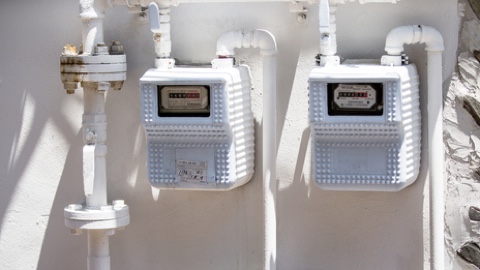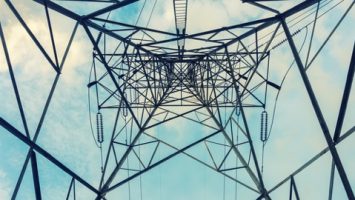
The state of Illinois has implemented upgrades to its power grid since 2012 and has seen significant benefits. Enhancements have been made in the delivery of electricity to consumers and in how consumers can measure and manage their electricity consumption.
More than three million Advanced Metering Infrastructure (AMI) – or smart meters – have been installed by the two major utility companies, ComEd and Ameren, giving both utilities and consumers more data, more frequently. The smart meters greatly increase the efficiency of customer service – according to ComEd, in 2016 more than 69,000 status checks were performed remotely through the smart meter – 28,954 of which were avoided trouble reports that might have previously demanded attention and resources from dispatchers or field crews.
The AMI network has also enabled both ComEd and Ameren to offer alternative electricity pricing schemes that charge (or credits) customers for electricity consumption (or savings) based on real-time supply-demand conditions on the grid. ComEd’s Peak Time Savings program, which credits customers for curtailing power use during high-demand hours, has awarded $1.2 million in bill credits to 166,383 customers since it debuted in 2015, according to ComEd.
“Smart meters are creating efficiencies and savings that are … passed on to all customers, including those who don’t yet have smart meters,” said Veronica Gomez, ComEd’s senior vice president of regulatory and energy policy, in a press call earlier this month. “Through strong cost management and the on-time, on-budget execution of the smart-grid investment program, ComEd customer bills for electricity delivery service remain stable.”
“Illinois’ progressive energy policy is paving the way for Ameren Illinois to build a smarter grid and deliver value to our customers in central and southern Illinois,” said Craig Nelson, senior vice president of regulatory affairs and financial services for Ameren Illinois, in a statement.


